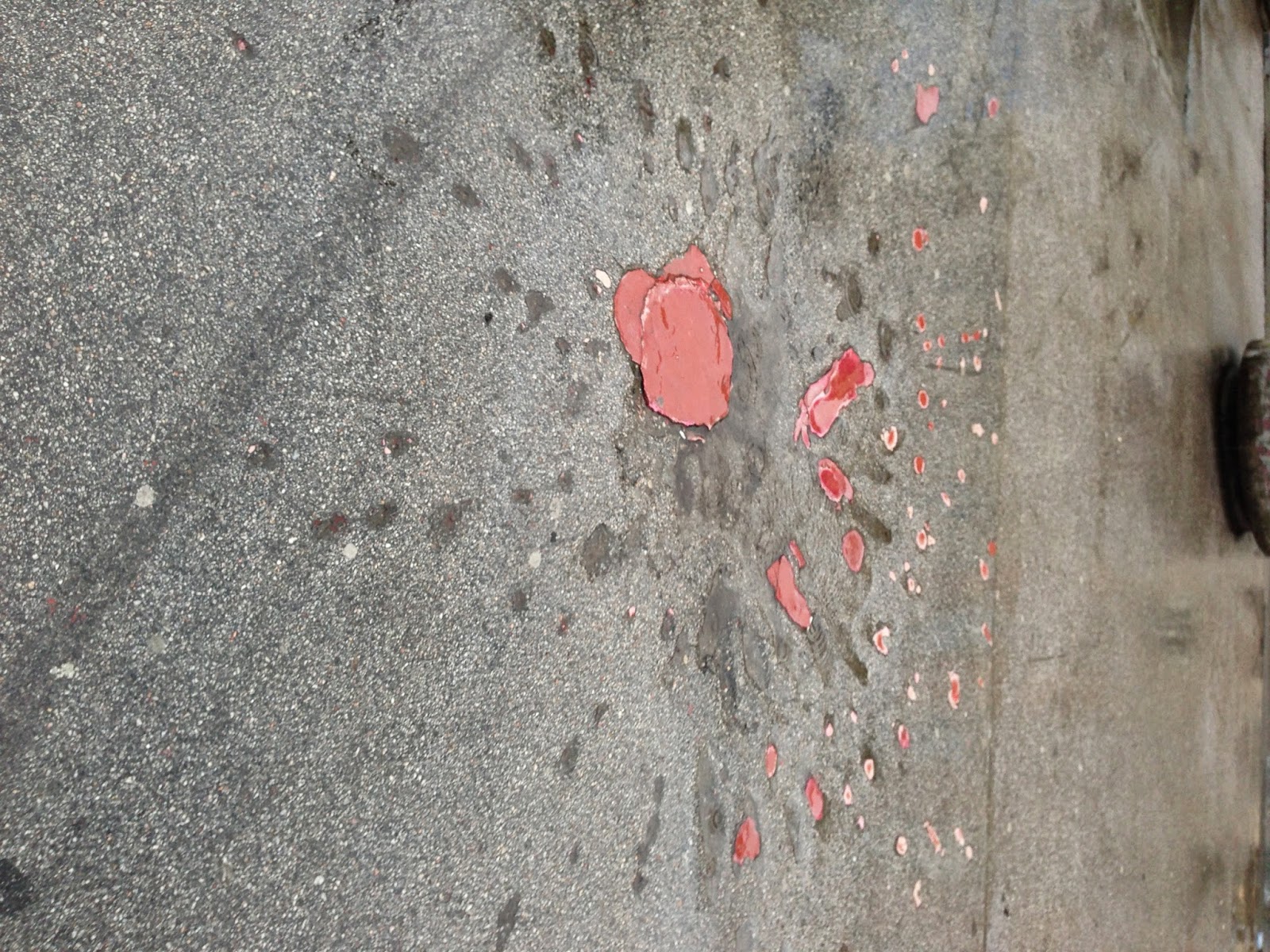The Balkans. An unconventional trip. While Croatia may be a standard beach location, Sarajevo and Belgrade are atypical places to spend a few summer days. While some might settle into fancy hotels in Dubrovnik, we were settling into sleeping bags and roaming Paklenica National Park. While some peacefully sunbathe on beaches, we worked on our farmer’s tans and kayaked out from Skradin all the way to Prvić Luka and back. While most European cities being toured are full of history and conflicts, our cities’ histories still live in the memories of their people, people our own age. When some might give up when their trip takes unexpected turns, our team kept our high morale, even in the face of significant flooding. Our cities included Split, Livno, Sarajevo (extensive exploration in the rain), and Belgrade (briefly). We escaped to learn about ourselves and about a place that has been the mixing grounds between European civilizations and Middle Eastern civilizations.
So what? We took an unconventional trip. Why should that matter to anyone? Why should it matter to you? Why does it matter to me? We are not unique in the fact that people would rather go somewhere to be active rather than passive. We were not the only ones to travel to these locales. Outside of myself and the group, there are no direct so whats. But we can build secondary and tertiary levels of reasoning based on our experience.
Personally, the time spent in the Balkans was a time for reflection. Self reflection is invaluable to me, and though I can do it anywhere, being away from my comfort zones and familiarities brings a different perspective and thus a new level of thought. Observing new peoples and social dynamics allows for me to evaluate my place in an increasingly global community. How does what I do affect people in the Balkans? I’m not an International Affairs major, I’m an Aerospace Engineer. I could indirectly bring about both aid and destruction. We learn ethics in our classes and discuss how people are treated, but the realities never sink in until the damage becomes tangible. I cannot control how people may decide to use the technologies I help develop, but I will direct my intellect on solving problems that aid people. However, I can also be a voice in my community. This doesn’t mean that I should go out and become a politician or speaker, but that I can discuss my experiences with my friends and acquaintances. Maybe, through the chaos theory, we can share what we’ve learned to change our global community for the better.
One particular theme that emerged in my head post a visit to a memorial dedicated to the Srebenica massacre is ending violence. As I had immersed myself into the Balkans history and culture, I found that the more I learned the more complex and confusing the conflicts and issues were. Thus, I tried to keep any opinions that I formed neutral in respect to the people in the Balkans. The only thing that I was left with was this question: How do we break the cycle of vengeance and conflict that seems to exist between social groups? And more importantly, what can I do towards this goal? I still ponder these questions as I have few answers and experiences. My one solution is to stop the creation of more cycles of vengeance. I think that this can only be achieved with a great degree of maturity. We should try to understand the root and context of a conflict, to realistically evaluate our opinions by keeping in mind that we generally think we are better than others, be able to admit our own shortcomings, and understand that other people do not share my priorities. My goal isn’t to stop conflict between civilizations, but to stop conflict between individuals. I can only control what I do, so I will practice and preach understanding and humility to be a better person. Not as in better than you, but better than I was yesterday. I’m not wise a person, but I think these are safe practices.
So what? I learned. I reflect. I matured. Maybe I gained some wisdom. Why does that matter to you? Maybe I can discuss with you my experiences. Regardless of whether you agree or not, I will learn from our discussion and I hope you will too. If you and I have this discussion, why can’t everyone else? The global society is built on you and me. I don’t think a community has to have a discussion, I think individuals have to have a discussion. If we are all connected, then individuals can cause large waves of motion.
What now? Let’s have a discussion.















